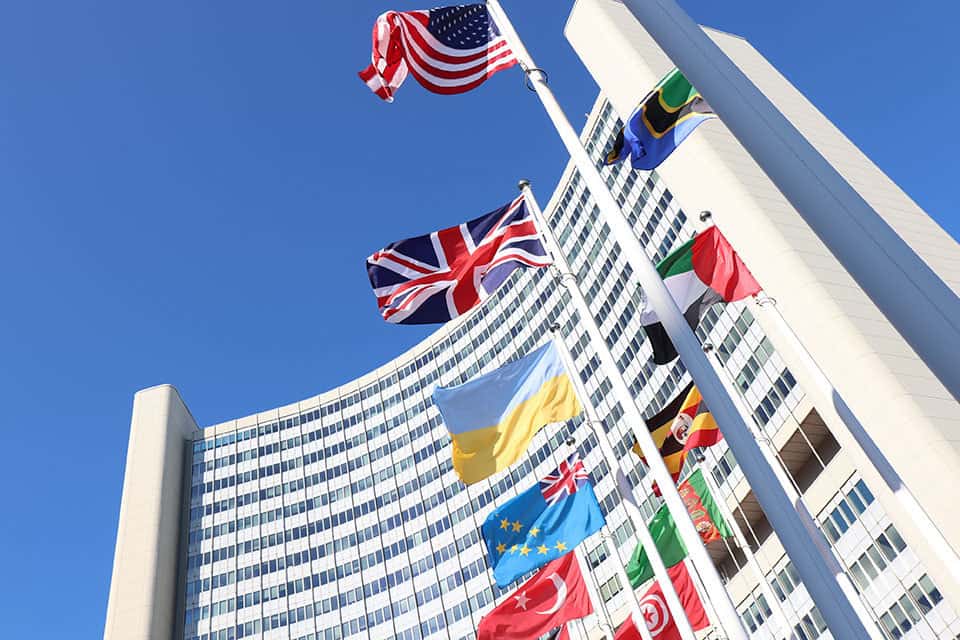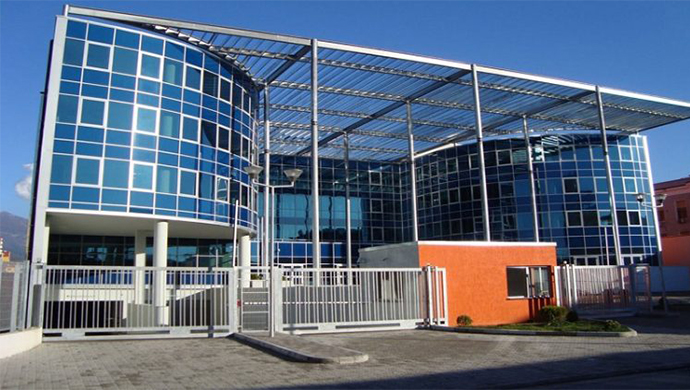
Since the authorities murdered thousands of People’s Mojahedin of Iran (PMOI/MEK) members during a massacre of political prisoners in the summer of 1988, the regime has pretended that there is no pro-democracy opposition.
The Iranian Resistance has long argued that theocratic dictatorship in Iran’s problems can only be resolved through regime change. For nearly as long, American and European lawmakers have assumed that regime change is impossible and that the clerical regime’s long-term hold on power is an indelible fact of geopolitics.
That presumption has been supported and perhaps even supported by the propaganda of the Iranian regime. Since the authorities murdered thousands of People’s Mojahedin of Iran (PMOI/MEK) members during a massacre of political prisoners in the summer of 1988, the regime has pretended that there is no pro-democracy opposition. Countless state media broadcasts and scores of state-financed books and films have dismissed the opposition as a minor “cult,” and their talking points have infiltrated global media and thus influenced Western policy discussions.
It is well known that Iran’s Ministry of Intelligence (MOIS) secretly recruits former MEK members and instructs them to oppose the regime while criticizing the MEK. This has been one of the regime’s main tactics in its demonization campaign against the MEK.
On July 15, Albanian media reported that 20 Iranians were being investigated for espionage by local authorities and anti-terrorism units, based on orders from Albania’s Special Courts against Corruption and Organized Crime (SPAK—GJKKO). According to one report, “inspection of their apartments is being carried out at the request of the Special Prosecutor’s Office.” According to the BalkanWeb website, the investigation into these individuals has been ongoing for four years.

Special Structure for Combatting Corruption and Organized Crime (SPAK) – Tirana, Albania
Concurrent with the notion that the regime has no viable alternative, the narrative that the regime’s lobbies in the West have been parroting for years is that the choice is between “dealing with the regime on its own terms or risking a long war.”
The National Council of Resistance of Iran (NCRI) has always maintained that the Iranian people are willing to pursue a change in government on their own, while the MEK has been actively organizing protests and direct action to demonstrate the truth of that claim.
Despite the regime’s widespread propaganda, Supreme Leader Ali Khamenei was forced to admit at the start of 2018 that the MEK was demonstrating more social clout and organizational capability than his regime had previously admitted was possible. Iran began that year already mired in a nationwide uprising, with chants like “death to the dictator” heard in well over 100 cities and towns.
Since then, there have been several similar uprisings, including one that began last month as a result of the regime’s President Ebrahim Raisi’s arbitrary cuts to food subsidies. That uprising, as well as an underlying trend of popular unrest, have given new life to the slogans and calls for regime change that characterized the 2018 uprising. In this way, they also demonstrate the messaging’s relative resistance to the regime’s concerted efforts to suppress it.
Raisi’s election as president in June of last year was widely interpreted as a sign of greater repression to come. He was promoted from the head of Iran’s judiciary, which he oversaw during previous uprisings, including the one in November 2019. During that uprising, at least 1,500 Iranians were killed by armed security forces, who also arrested thousands of people and set the stage for Raisi’s judiciary to launch a months-long campaign of torture and protracted interrogation.
The fact that the Iranian people have been willing to continue openly defying the clerical regime, encouraged by the MEK and the NCRI, is all the more remarkable given this general tendency toward abuses. This, in turn, emphasizes the importance of listening to those groups on the global stage. At the same time, Raisi’s rise from mass executioner to president emphasizes the moral imperative to support the opposition and help it achieve its goal of regime change.

